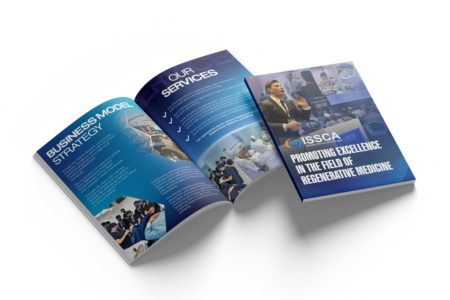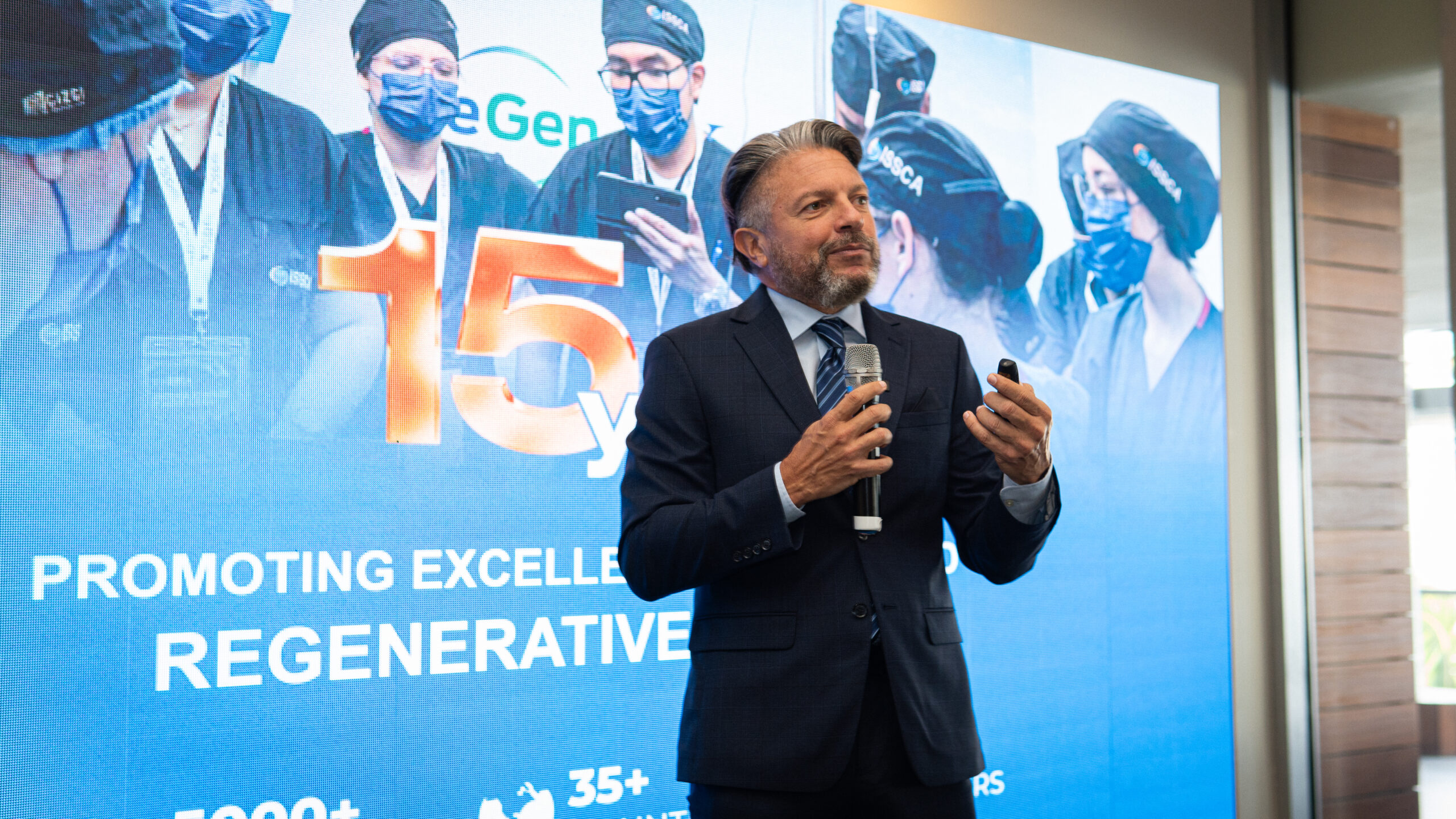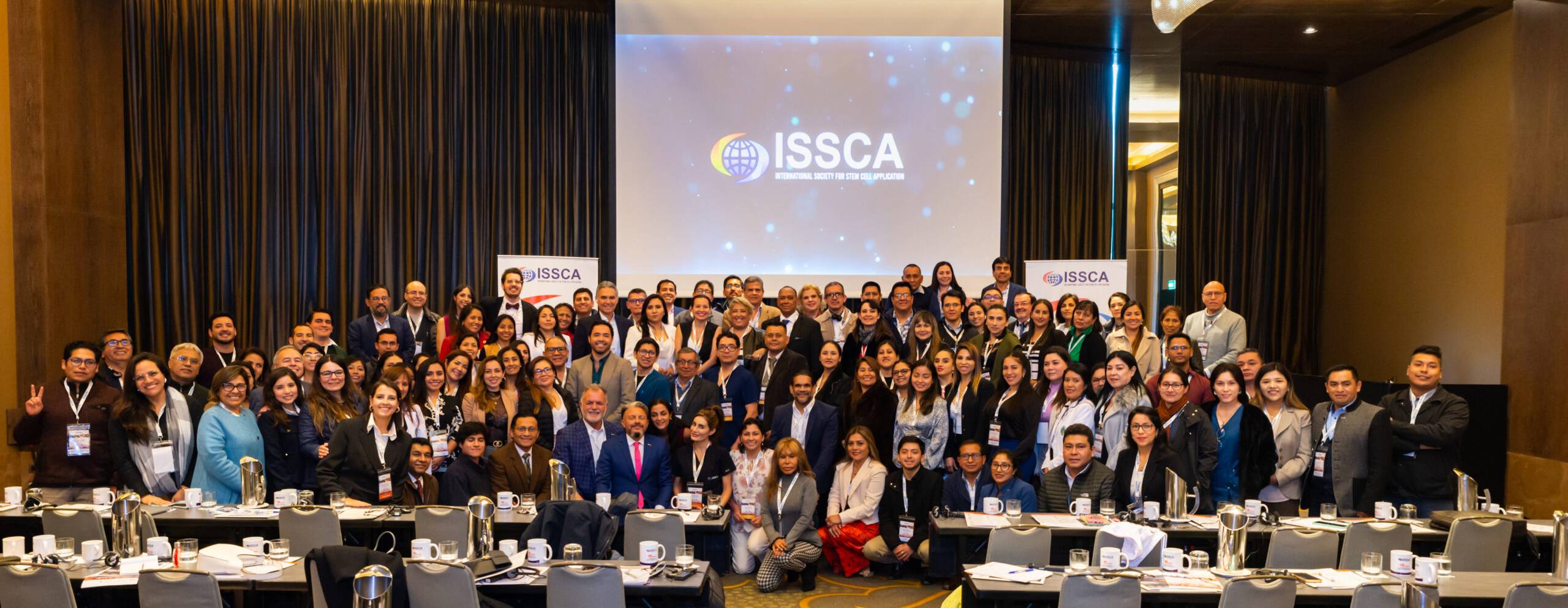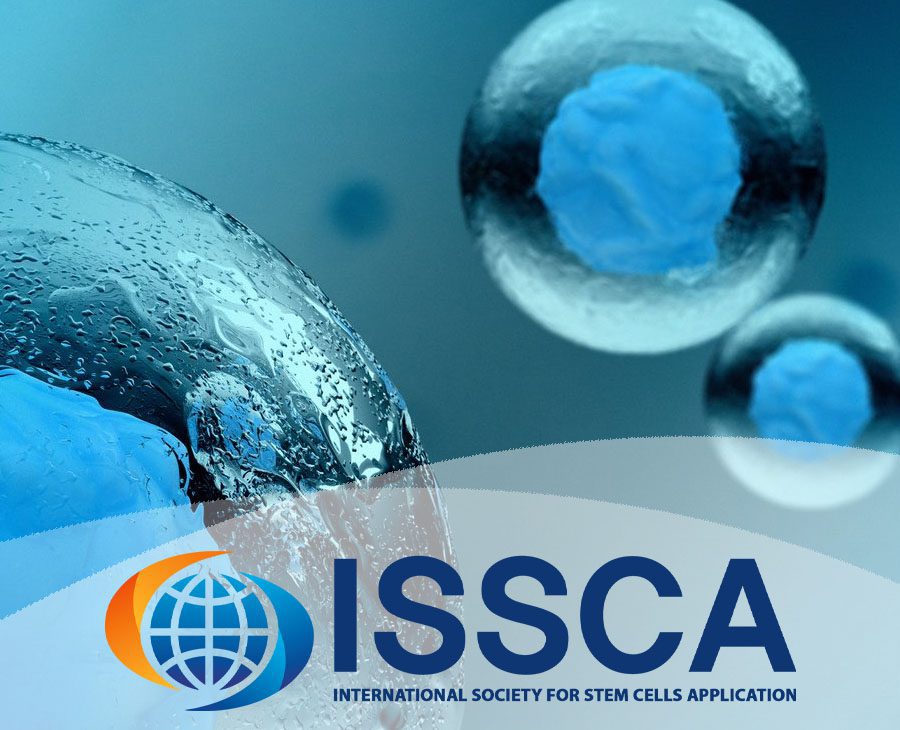

INTEGRITY
Evidenced by promoting ethical values in the practice of Regenerative Medicine and providing guidelines for the practice of evidence based Medicine.
INTERDISCIPLINARY
By fostering respect for the views and experiences of practitioners of a broad range of medical specialties.
Innovative:
Demonstrated by creating an environment conducive to creative thinking with the goals of finding new answers and solutions to advance the science and practice of Regenerative Medicine.

The ISSCA code of ethics sets forth principles of moral and ethical conduct as they relate to the practice of Regenerative Medicine. ISSCA members pledge themselves to these practices:
- Respect the privacy and dignity of all patients.
- Uphold the honor, standards, and principles of the medical profession.
- Seek to continuously improve and advance their knowledge and skills to the benefit of their patients and the community.
- A physician is never justified in abandoning a patient.
- A physician shall never advertise or promote their services in a misleading manner, prioritizing financial gain over accepted practices in Regenerative Medicine.
- A physician must respect all local, state, and federal laws regarding the practice of medicine, as well as the law in general.
- When participating in research, a physician shall always abide by the highest moral and ethical standards.

Basic Science Concepts in Regenerative Medicine
Basic science concepts in Cell and Molecular Biology represent the core knowledge foundation in Regenerative Medicine. While these concepts are often introduced in broad terms at the Medical School level, a focused and relevant review to Regenerative Medicine is required. Academic departments of Regenerative Medicine or Regenerative Biology offer an excellent exposure to these concepts through their Basic Scientists and Physician Scientists.
Clinical Science Concepts in Regenerative Medicine
The Clinical Science of Regenerative Medicine is represented by many subspecialties such as Musculoskeletal Regenerative Medicine and Cardiac Regenerative Medicine. Each subspecialty represents a different developmental phase of clinical knowledge and evidence. Academic departments of Regenerative Medicine and Regenerative Biology can offer direct access to clinical care, clinical trials, or relevant publications to provide an overview of the status of Regenerative Medicine within their subspecialties.

